8 Effective Remedies To Get Rid Of Pimples
By: Kratika Maheshwari Mon, 19 Apr 2021 3:42:04
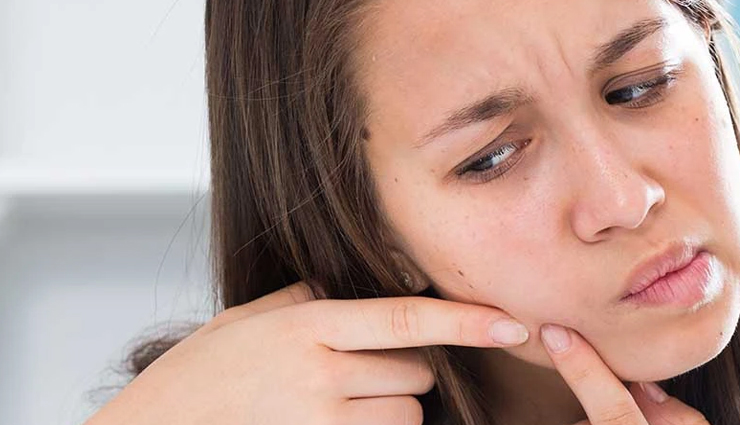
The occurrence of pimples on the skin is a problem faced by many people, commonly in their teenage years. These inflamed, red bumps form due to blockage and infection in the oil glands in the hair follicles.
The pimples may either be popular, which are mild and without pus, or pustular, characterized by the formation of pus due to the action of white blood cells.
While severe cases of pimples require medical attention, mild cases can be treated at home with self-care and home remedies.

# Apply a honey mask
Honey is widely used for acne treatment due to its high sugar and antioxidant content that exhibits antimicrobial and anti-inflammatory properties.
It is best to use raw, organic, or medical-grade honey as spot treatment or to make a face mask with other antibacterial ingredients such as turmeric and cinnamon.
- Wash your face with a mild cleanser or scrub.
- Mix 1 tsp of cinnamon or turmeric with 2 tbsp honey, and apply the mixture to your face.
- Wash the mask after 15–20 minutes.
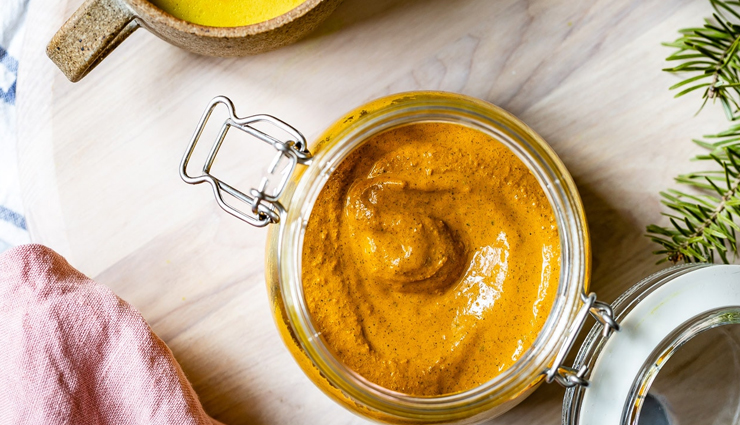
# Use turmeric
Turmeric is another popular antibacterial, antiseptic, and anti-inflammatory agent that can help in the management of pimples.
Since pimples result from inflammation due to bacterial infection, the anti-inflammatory nature of curcumin, the active ingredient of turmeric, can help reduce the severity of pimples.
- Mix 1 tbsp of turmeric with water, honey, or lemon juice to form a thick paste. Use this paste on the affected areas and allow to dry for a few minutes before washing it off with tap water. Repeat this remedy twice a day for a week.
- Consume turmeric milk daily at bedtime to help accelerate skin repair and pimple healing.
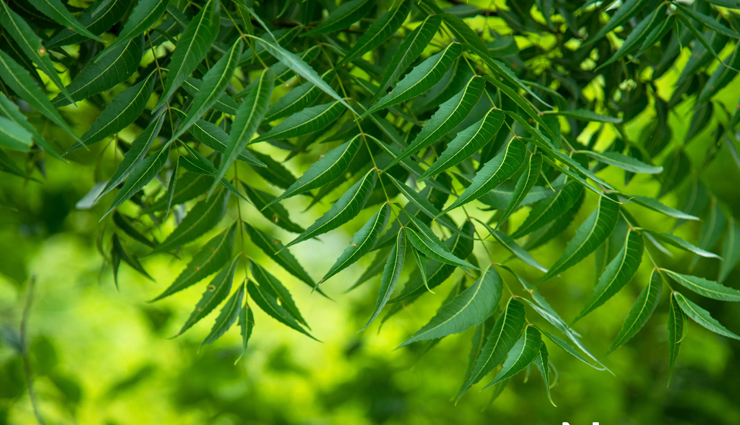
# Use neem topically
Neem possesses antiseptic, antifungal, antibacterial, and anti-inflammatory properties.
It also acts as an astringent that can help remove excess sebum from the skin, preventing the formation of pimples. It can even dry out existing pimples.
- Grind a few neem leaves to form a paste and mix in ½ tsp of turmeric powder. Apply the paste to the affected area and rinse with lukewarm water after 20 minutes.
- Boil neem leaves in water to form an antiseptic solution, and use it to wash your face.
# Apply aloe vera gel
Aloe vera gel is efficacious in the treatment of mild to moderate acne, owing to its anti-inflammatory and antibacterial nature.
How to use: Extract some fresh aloe vera gel and apply it to the skin directly. Rinse after 15–20 minutes. You can also buy commercially prepared aloe vera gel products.
# Use essential oils for spot treatment
Essential oils such as tea tree, oregano, cinnamon, neem, and clove oils can help inhibit the growth of pimple-causing bacteria.
It is important to dilute these oils with carrier oils such as coconut, olive, or castor oil before use to avoid irritation. You can also use jojoba oil as a carrier oil, as it enjoys anecdotal evidence for the treatment of acne and pimples.
How to use: Mix 1–2 drops of any essential oil with 4–5 drops of carrier oil, and apply the oil blend to your pimples directly.
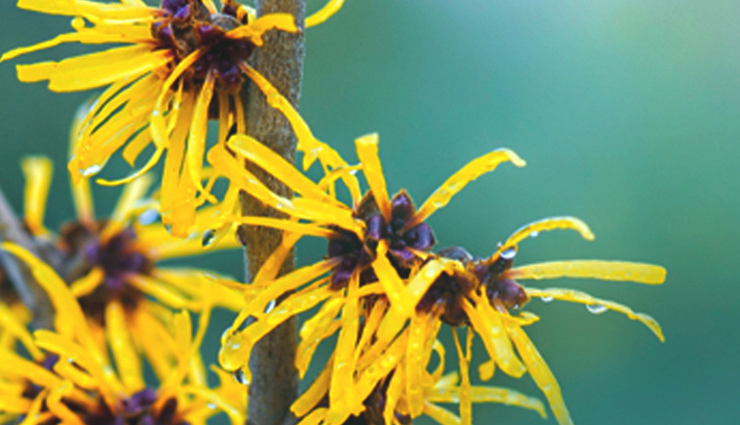
# Dab some witch hazel
Witch hazel is an astringent that can help dry out acne pustules, remove excess oil from the skin, and even control inflammation. Moreover, witch hazel can also aid skin repair, thus helping fade the pimple scars.
How to use: Soak a cotton ball with a few drops of witch hazel, and dab it on the affected areas.
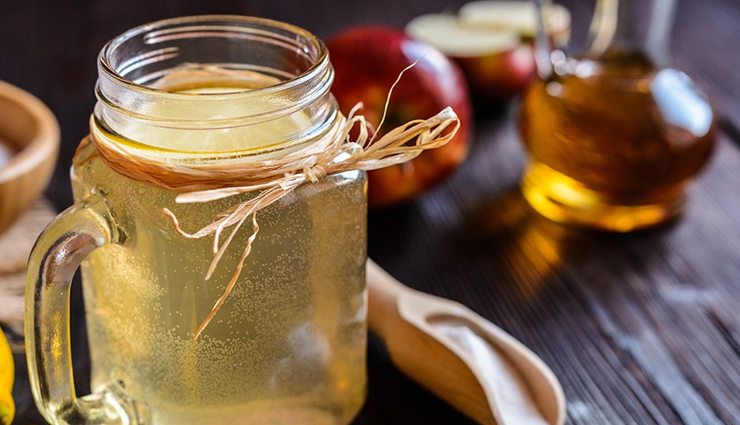
# Try apple cider vinegar
The use of apple cider vinegar (ACV) for the treatment of pimples is based on anecdotal evidence and is not supported by any scientific study.
ACV is thought to help by regulating the acidic pH of the skin, controlling bacterial growth, and clearing cell debris off the skin surface.
How to use: Dilute ACV with water in a 1:3 ratio, and dab it on the affected areas using a cotton ball. You can also use lemon juice in place of ACV.
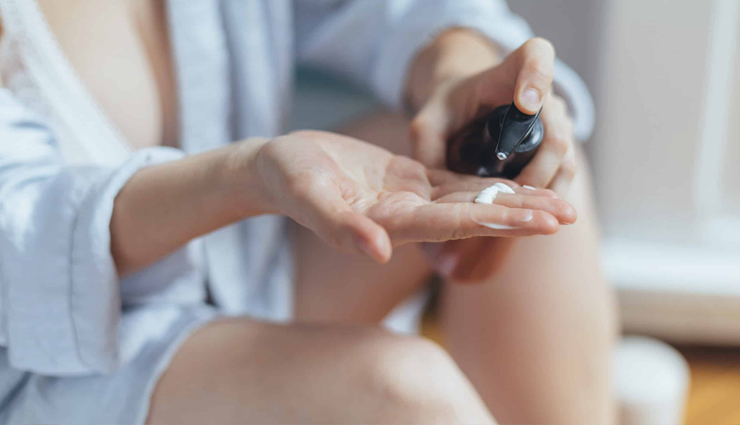
# Consider OTC products
Aside from the aforementioned natural ingredients, you can also use several over-the-counter medications for the treatment of pimples, including:
- Acne cleansers
- Vitamin A or retinoid creams
- Topical creams containing azelaic acid, benzoyl peroxide, salicylic acid, or 3% hydrogen peroxide
- Resveratrol creams – Although red wine and grapes are natural sources of resveratrol, they are not as effective for acne treatment
- Green tea extract-based creams, especially those containing epigallocatechin-3-gallate.





